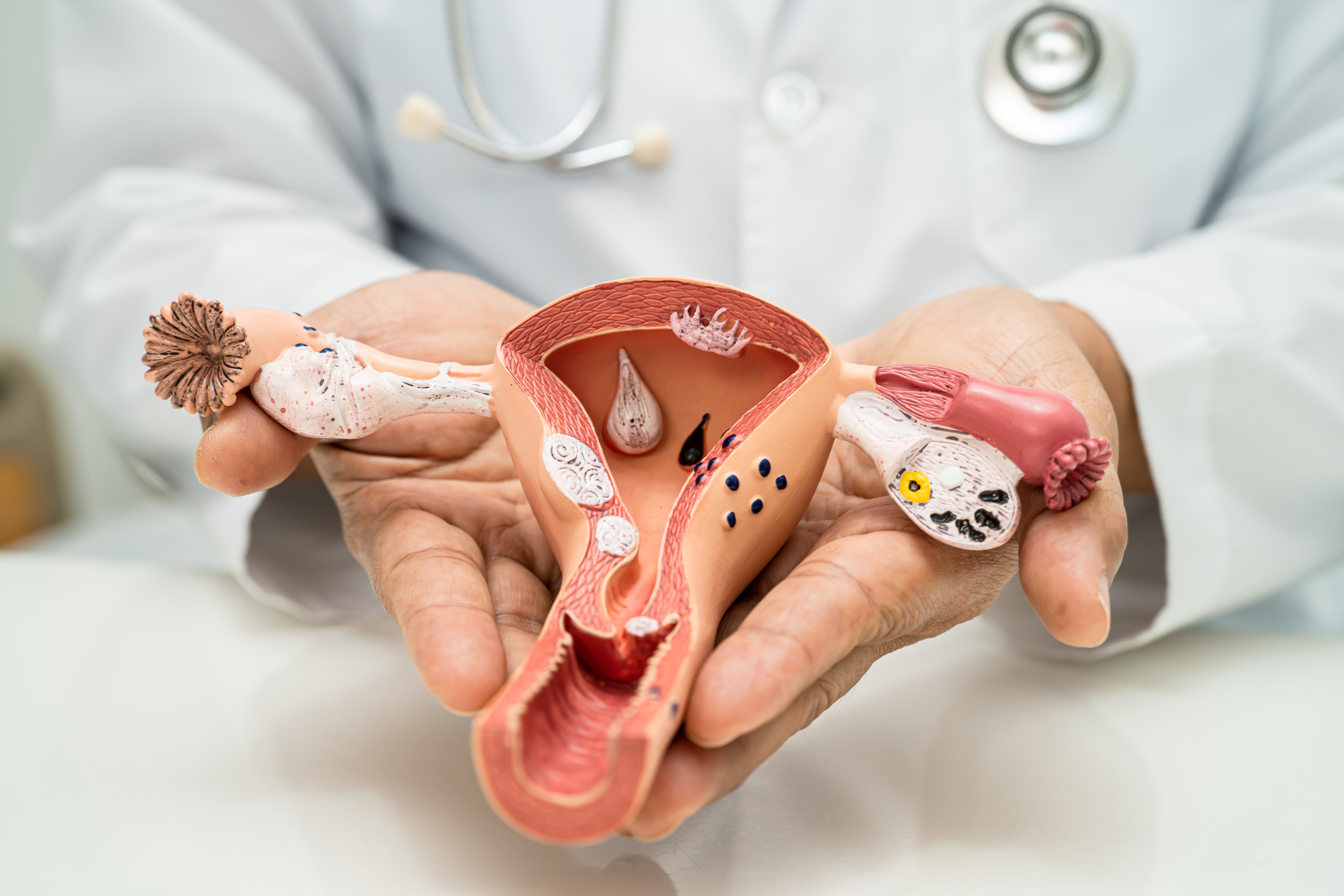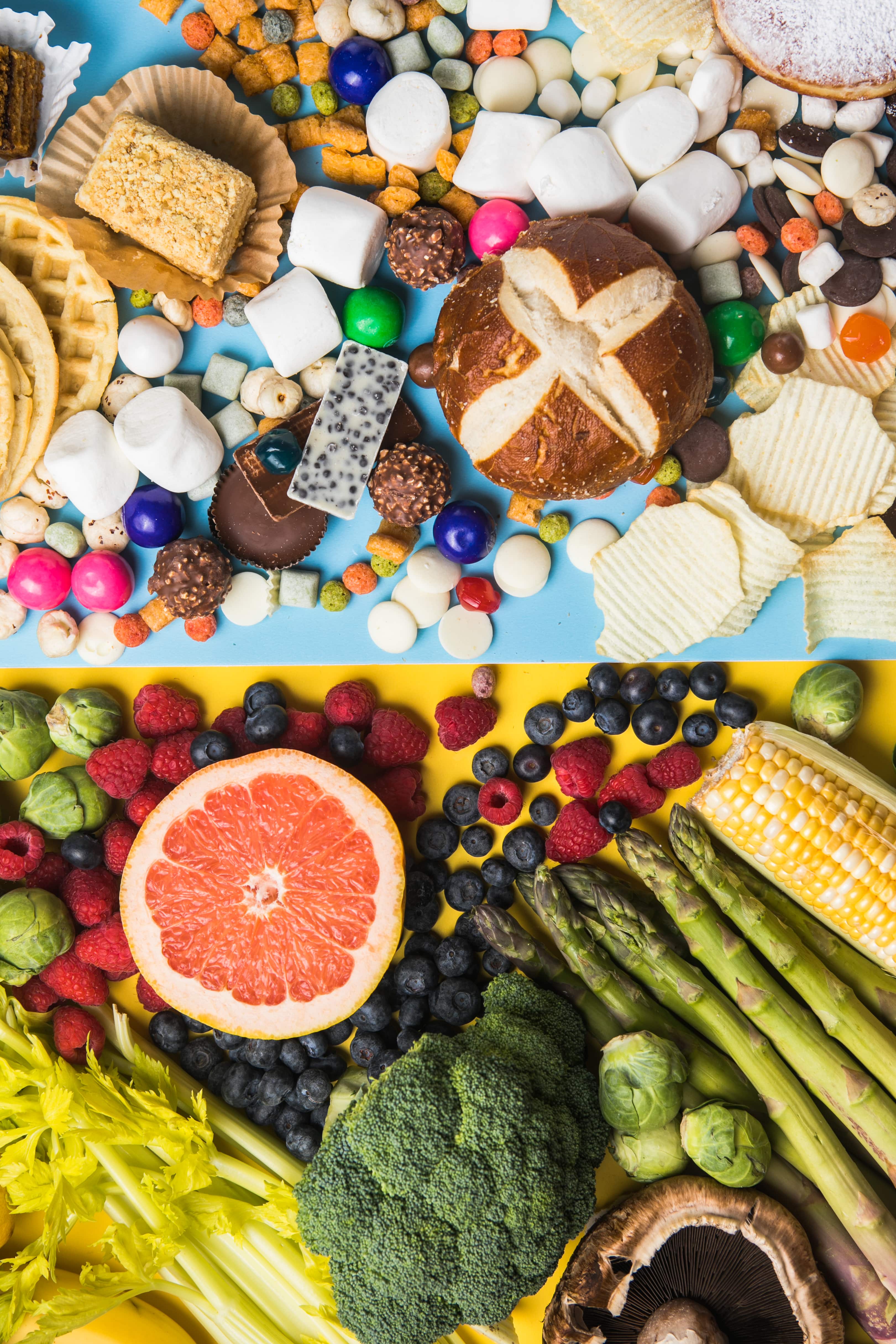Endometriosis and Food: The Science Behind Diet’s Role in Managing Symptoms
- Talia Dali
- Menstrual Health, Endometriosis
Endometriosis, affecting around 10% of women of reproductive age globally, is a chronic inflammatory condition where tissue similar to the uterine lining grows outside the uterus. One of the most significant challenges with endometriosis is the chronic pelvic pain and inflammation it causes, along with fertility issues. While medical treatments, including hormonal therapies and surgeries, are commonly used, there’s growing evidence that dietary interventions can play an important role in managing the symptoms of endometriosis. Let’s dive into how food influences this condition, the science behind it, and what the latest research says.
Understanding Endometriosis and Inflammation
Endometriosis is an inflammatory condition, meaning that inflammation in the body often exacerbates the symptoms, especially pain. Various studies have shown that diet has a direct impact on inflammation levels in the body, and certain dietary choices can either increase or decrease inflammation.

A 2019 study published in Reproductive Sciences found that dietary patterns rich in anti-inflammatory foods could help reduce the chronic inflammation associated with endometriosis. Conversely, diets high in processed foods, red meat, and trans fats were found to increase inflammatory markers, potentially worsening symptoms.
Key Dietary Components for Managing Endometriosis
1. Anti-Inflammatory Foods
Foods rich in antioxidants, omega-3 fatty acids, and other anti-inflammatory compounds can help reduce systemic inflammation, making them a key part of a diet to manage endometriosis.
• Omega-3 fatty acids: Found in fatty fish like salmon, sardines, and mackerel, as well as in flaxseeds and walnuts, omega-3s have been shown to lower inflammatory markers in the body. A study published in The American Journal of Clinical Nutrition found that women who consumed high levels of omega-3s had a 22% lower risk of developing endometriosis compared to those with lower intake. Omega-3 fatty acids help regulate prostaglandins, compounds that control inflammation and pain.
• Antioxidants: Berries, leafy greens, and nuts are rich in antioxidants, which help fight oxidative stress in the body—a common issue in women with endometriosis. A study in Fertility and Sterility (2012) indicated that women with higher antioxidant intake had less severe symptoms of endometriosis.
2. Low Glycemic Index (GI) Foods
Maintaining stable blood sugar levels is important for hormone regulation, which is critical for managing endometriosis. Foods with a low glycemic index release sugar more slowly into the bloodstream, preventing insulin spikes that can exacerbate hormonal imbalances.
• Whole grains like quinoa, barley, and oats.
• Non-starchy vegetables such as broccoli, spinach, and kale.
• Legumes like chickpeas and lentils.
Studies suggest that women with endometriosis often have insulin resistance, making blood sugar regulation essential for managing the condition.
3. Fiber-Rich Foods
High-fiber diets are beneficial for hormone regulation because fiber helps bind to excess estrogen and remove it from the body. Since endometriosis is influenced by estrogen, reducing excess estrogen can help alleviate symptoms.
• Cruciferous vegetables (broccoli, cauliflower, Brussels sprouts) contain compounds that support estrogen metabolism.
• A 2017 study in The Journal of Nutrition showed that women who increased their daily fiber intake by 10 grams experienced a 30% decrease in symptoms such as pelvic pain and bloating.

Foods to Avoid
1. Red and Processed Meats
Studies suggest a link between high consumption of red and processed meats and an increased risk of developing endometriosis. A study in The American Journal of Obstetrics and Gynecology (2018) found that women who ate two servings of red meat per day had a 56% higher risk of endometriosis compared to those who ate less.
2. Trans Fats
Found in many processed foods, trans fats can promote inflammation. A large prospective cohort study in Human Reproduction (2010) found that higher trans fat intake was associated with a 48% increased risk of developing endometriosis.
Supplements for Endometriosis
Certain supplements have shown promise in helping to manage endometriosis symptoms by supporting the body’s natural anti-inflammatory processes.
• Curcumin (from turmeric): Known for its powerful anti-inflammatory properties, curcumin has been shown in animal studies to reduce the growth of endometrial lesions. A 2013 study published in The Journal of Reproductive Immunology found that curcumin inhibited the growth of endometriosis cells in mice.
• N-Acetyl Cysteine (NAC): NAC is an antioxidant that has been studied for its effects on endometriosis. A small clinical trial published in Gynecologic and Obstetric Investigation (2014) found that women who took NAC experienced a 24% reduction in lesion size and fewer symptoms compared to those who did not.
Conclusion: Let Food Be Your Sidekick Against Endo
Living with endometriosis can feel like a never-ending boss battle, but good news—you’ve got a secret weapon: your diet! By filling your plate with anti-inflammatory foods, keeping your blood sugar in check, and adding a few hero-level supplements, you can help your body fight back against those frustrating symptoms like pain and bloating.
No, food won’t magically fix everything (if only chocolate could cure all, right?), but it’s a powerful teammate in your self-care routine. And remember, endo is a condition that requires ongoing attention and support. If you have questions or need further guidance on managing symptoms, you’re always welcome to reach out to me. Together, we’ll tackle this—one delicious, symptom-managing bite at a time!
References:
1. Parazzini, F., Viganò, P., Candiani, M., & Fedele, L. (2017). Diet and endometriosis risk: a literature review. Reproductive BioMedicine Online, 35(1), 115-122.
2. Missmer, S. A., Hankinson, S. E., Spiegelman, D., Barbieri, R. L., Marshall, L. M., & Hunter, D. J. (2004). Reproductive history and endometriosis risk. Human Reproduction, 19(5), 1340-1344.
3. Hopeman, M. M., Riley, J. K., & McKinnon, M. L. (2015). Endometriosis and nutrition: A literature review. Minerva Ginecologica, 67(3), 243-252.Title